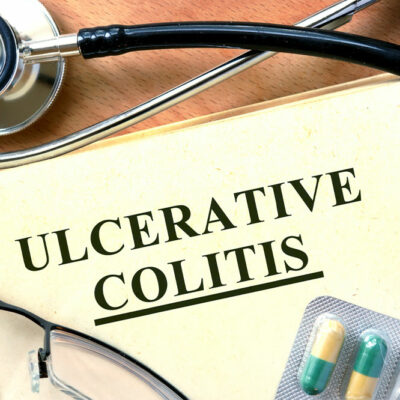
Health
Top Picks: 9 Eczema Creams That Soothe Flare-Ups
Eczema can be a relentless beast, with its itchy, red patches that demand attention. Thankfully, there are eczema creams that come to the rescue, offering much-needed relief and comfort. If you’ve been searching for the perfect cream to tame those flare-ups, look no further. We’ve compiled a list of the top nine eczema creams that are sure to soothe your skin and ease your discomfort. CeraVe Moisturizing Cream CeraVe Moisturizing Cream is a favorite among dermatologists and eczema sufferers alike. This cream is packed with ceramides and hyaluronic acid, which help restore the skin’s natural barrier and retain moisture. It’s fragrance-free, making it a gentle option for sensitive skin. Plus, it’s non-greasy, so it won’t leave a sticky residue. Eucerin Eczema Relief Cream Eucerin has long been a trusted name in skincare, and their Eczema Relief Cream is no exception. Formulated with colloidal oatmeal, this cream provides instant relief from itching and irritation. It also contains ceramides and licochalcone, which help strengthen the skin’s barrier and calm inflammation. It’s a great choice for both adults and children. Aveeno Eczema Therapy Moisturizing Cream Aveeno Eczema Therapy Moisturizing Cream is another powerhouse in the world of eczema creams. Its active ingredient, colloidal oatmeal, is known for its soothing properties.
Read More 













